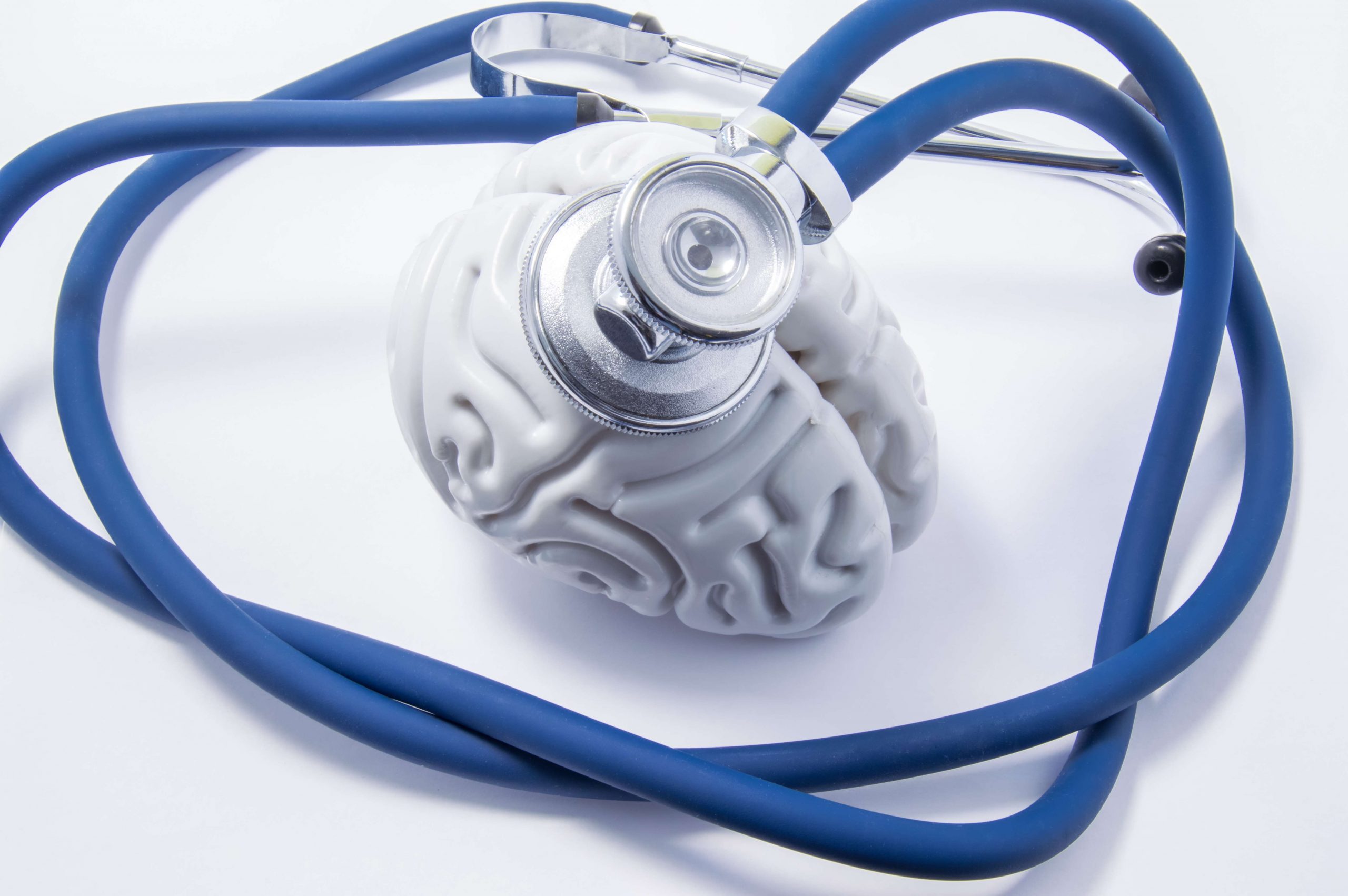The duration of intoxication depends on how much alcohol an individual consumes. Typically, it can take at least several hours for their BAC to reduce enough for it to be safe to drive. The following are some questions people often ask about drinking alcohol.
Alcohol intoxication: Signs, symptoms, and treatment – Medical News Today
Alcohol intoxication: Signs, symptoms, and treatment.
Posted: Tue, 03 Dec 2019 08:00:00 GMT [source]
At this stage, a person’s BAC will range from 0.25 to 0.4 percent. At this stage, a man might have consumed three to five drinks in an hour, or two to four drinks for a woman. At this time, a person will begin to experience emotional instability and a significant loss of coordination. If a person has generally consumed two to three drinks as a man or one to two drinks as a woman in an hour, they’ll enter the euphoric stage of intoxication. At this stage of intoxication, the person’s behavior will be normal with no visible signs of intoxication, such as slurred speech or delayed reaction time.
What happens when a person is intoxicated?
Psychotic symptoms in alcohol-induced psychosis are directly linked to alcohol use. They can’t be attributed to any other cause, like another underlying mental health condition. Alcohol-induced psychosis in the form of hallucinations is common in delirium tremens, occurring approximately 12 hours after stopping alcohol intake. The hallucinations may be stages of alcohol intoxication primarily visual but can also include auditory and tactile, or touch, hallucinations. At The Recovery Village Cherry Hill at Cooper, we have years of experience helping people get the treatment they need for addiction and achieving a life free from alcohol addiction. Contact us today to learn how we can help you start your journey to lasting recovery.
It is similar to a state of euphoria, except it is typically accompanied by restlessness and excitability. This stage usually occurs at a blood BAC below .01% to .04%. Typically, it takes less than one drink per hour to reach subclinical intoxication.
The Stages of Alcohol Intoxication
They are peer-led organizations dedicated to helping each other remain sober. Support groups can be the first step towards recovery or part of a long-term aftercare plan. When combined with other evidence-based therapies, such as cognitive-behavioral therapy (CBT), MAT can help prevent relapse and increase your chance of recovery. These programs provide 24/7 comprehensive, structured care. You’ll live in safe, substance-free housing and have access to professional medical monitoring. Some signs to watch for include decreased mood and appetite, memory problems, headache, and fatigue.

Studies investigating the effects of low-dose alcohol (i.e., less than 10 mM) on the brain also are of interest. Any person who enters this state has lost consciousness https://ecosoberhouse.com/ and could be at risk of further complications, including death. It is essential to distinguish falling asleep after drinking from entering an alcohol-induced coma.
Identify Mechanisms of Alcohol Action, Alcohol-Related Pathology, and Recovery
Some may not feel anything until after their third drink, while others are already slightly intoxicated after half a drink. Keeping a reasonable pace is vital so that one does not become too drunk. When someone has had quite a few drinks, the symptoms of the excitement stage become intensified. People may have exaggerated emotional episodes, and their balance may be all but gone.

The more you drink, especially in a short period of time, the greater your risk of alcohol poisoning. If you think that someone has alcohol poisoning, seek medical care right away. Reducing drinking, or even eliminating it altogether, can lower a person’s risk of these conditions and complications. If uncertain about whether a person’s alcohol consumption is an emergency, err on the side of caution.
